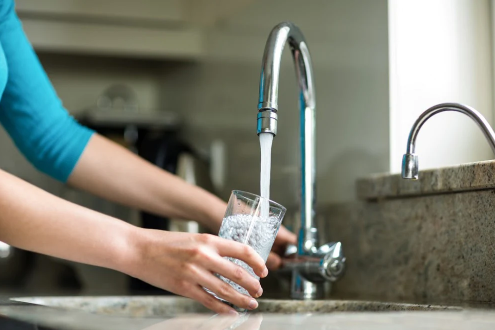Spring allergies or pollen sensitivity can often wreak havoc on folks who use a neti pot or other gadget to rinse out their sinus cavity. For those who choose to clear out their nasal passages in this manner, it’s essential to use sterile water in the flush to avoid possible infection by Naegleria fowleri — a parasitic amoeba.
According to Fox 4, a Florida individual contracted the brain-eating amoeba while cleaning their sinuses with unboiled tap water on February 23. The CDC refused to tell the network whether or not the person survived, but the death rate following such an illness is more than 97%. According to a November 2022 Insider report, three people died from the same ailment that year, which is the typical annual number in the United States.
Naegleria fowleri prefers warm fresh water but can survive in tap water, soil, lakes, rivers, hot springs, water heaters, and pools if there is insufficient chlorine. Only after the amoeba enters the nasal cavity does infection occur. According to the Hill, the amoeba swells the brain and kills its tissue. It progresses so swiftly that diagnosis is occasionally done after the fact.
According to Joe Pepe, the health officer for Charlotte County, the Florida Department of Health is researching the specific source and using the incident to educate the public about the amoeba’s existence and “sinus safety.” According to the CDC, this is the first Naegleria fowleri infection of the year and the first ever discovered during the winter.
The person who likely got a brain-eating amoeba through tap water in Charlotte County is dead. The Florida Health Department confirms this is the person we told you about last week.
— Emma Heaton (@EmmaHeatonWINK) March 2, 2023
While the death is sad, health officials say we shouldn't be scared. pic.twitter.com/YUmgTrZdoi
Fortunately, humans cannot get the virus from drinking tap water, and the danger of catching the pathogen is quite low. People can still take precautions to keep the amoeba from invading their brains. The CDC advises people to avoid using tap water to irrigate their sinuses and to avoid clearing their nostrils in bodies of fresh water.








